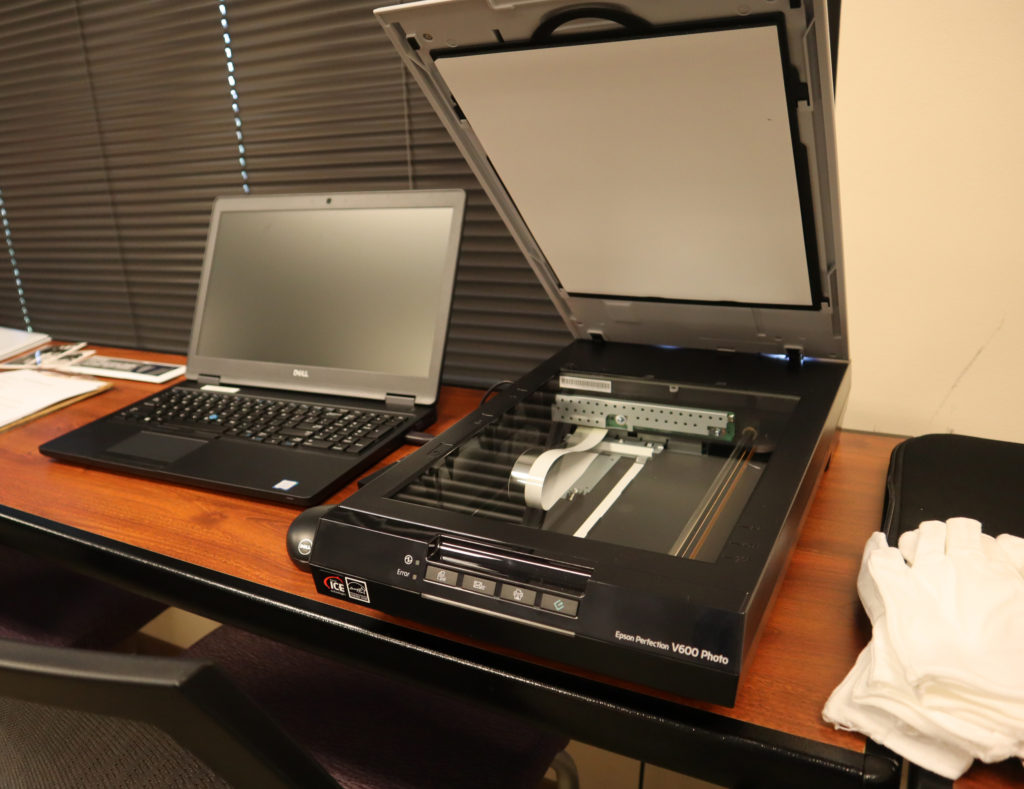State Funding for Libraries - the Universal Service Fund
The Public Service Commission's Universal Service Fund
The State of Wisconsin Legislature has funded external public library services in recent years through appropriations drawing on the state's Universal Service Fund (USF), administered by the Public Service Commission (PSC). The fund, established in the Wisconsin 1993 Act 496 to help ensure that all Wisconsin "...residents receive essential telecommunication services and have access to advanced telecommunication capabilities." Throughout the first decade of this century, the fund was also tapped to support Wisconsin's regional Public Library Systems, gradually shifting System support from the state's General Fund until, over the past five biennia, System Services have been funded exclusively through the USF. The fund is based largely on fees assessed on commercial telephone and broadband services at rates set by the PSC.
Each two-year budget cycle, the PSC must report on its programs, including the USF. The most recent report can be found here. In addition, the non-partisan Legislative Audit Bureau (LAB) conducts an audit and issues a report each biennium. In past reports, the LAB had broken out Aid to Public Library Systems separately, including other library-related programs such as BadgerLink and the library contracts under "All Other Programs," as in the chart in the 2011-2012 report. However, in the 2017-18 report the LAB includes all appropriations administered by the DPI, including the Digital Learning Collaborative, as shown in this graphic display of program expenditures. The six programs administered by the DPI, DOA, and UW System accounted for over 87 percent of total expenditures for FY 2017-18, and nearly 86 percent of total expenditures for FY 2016-17. The amounts are shown in a table on page 26 of the full report, and an interactive chart of USF funds by agency highlights that the funding used or distributed by the DPI comprises more than half of the pie chart (54.7%). Fiscal Year 2018, the $15,513,100 in Public Library System Aid comprised nearly 42 percent of the total USF program expenditures.

Besides the programs administered by the DPI, the USF also supports state broadband and telecommunications discounts to schools and libraries under the TEACH program, administered by the Department of Administration. Most public libraries, library systems, and hundreds of school districts receive broadband services at a substantial discount through the program. The LAB reported two significant deficiencies in internal control over the USF that both related to the TEACH program. The report recommends that the agency:
- review its automated process and correct any invoice errors, including for the differences we identified;
- ensure that adequate documentation is maintained to support its review of the automated process and the amounts it invoiced educational institutions;
- comply with statutes by requiring educational institutions to pay for each month of services received; and
- report to the Joint Legislative Audit Committee by February 21, 2020, on its progress in implementing these recommendations and include information on the results of its review of its automated process.
The DOA has responded to the audit report, explaining that the invoicing lapse was due to delays in converting their school and library customers to the new network, and that corrective action is being taken. There were no audit findings related to the USF funded programs overseen by the DPI, including the aid to Public Library Systems.
Written by John DeBacher, Public Library Development
